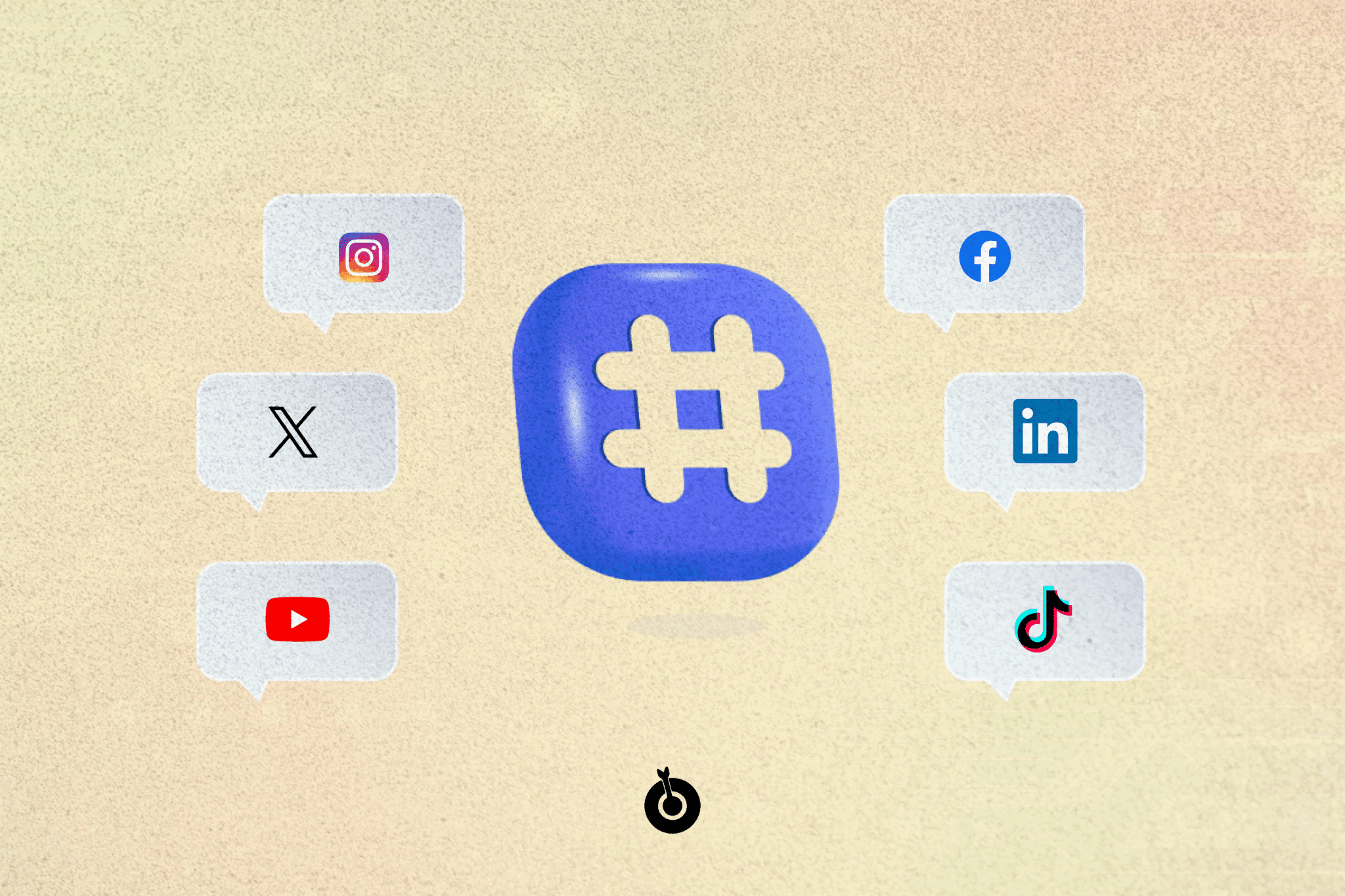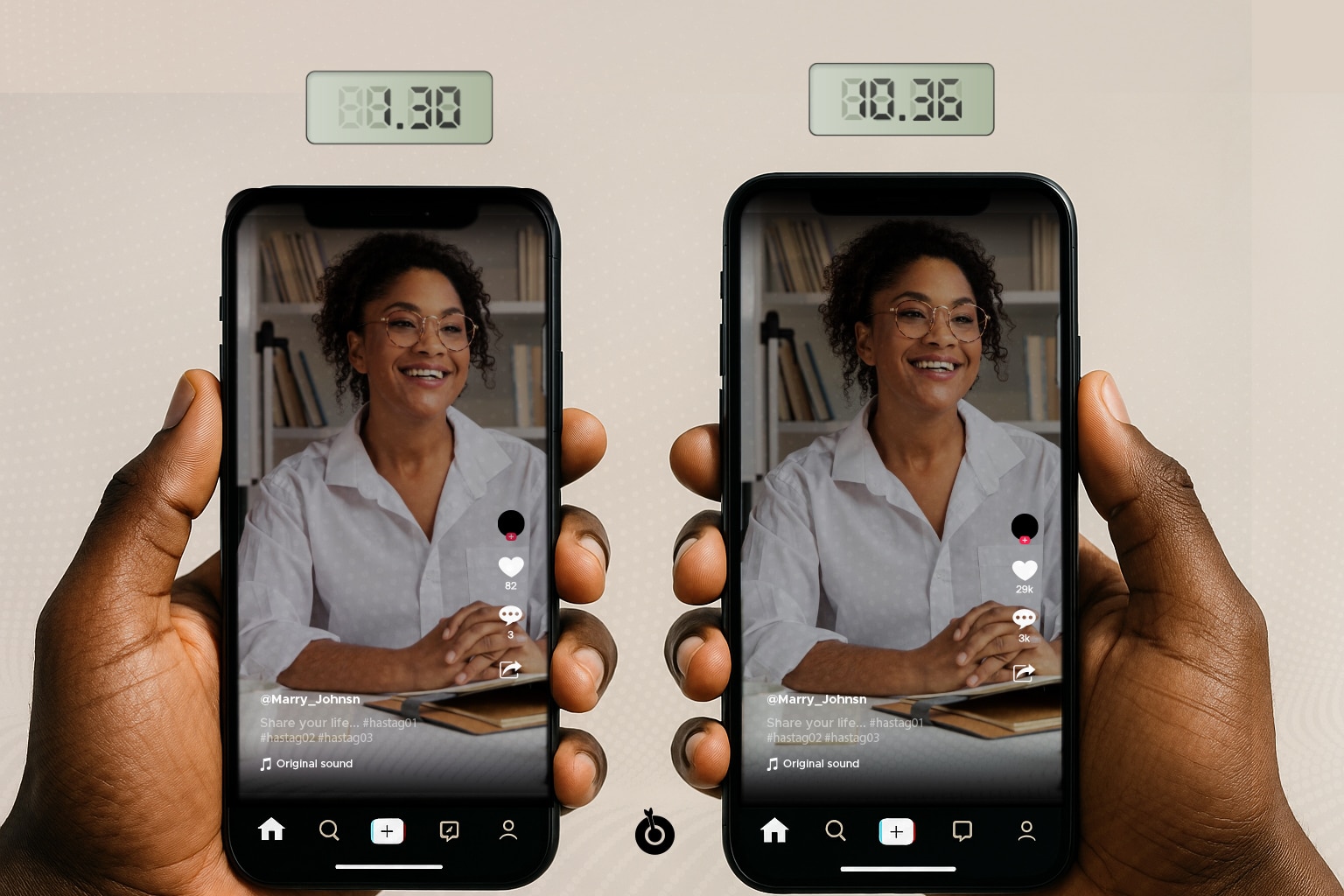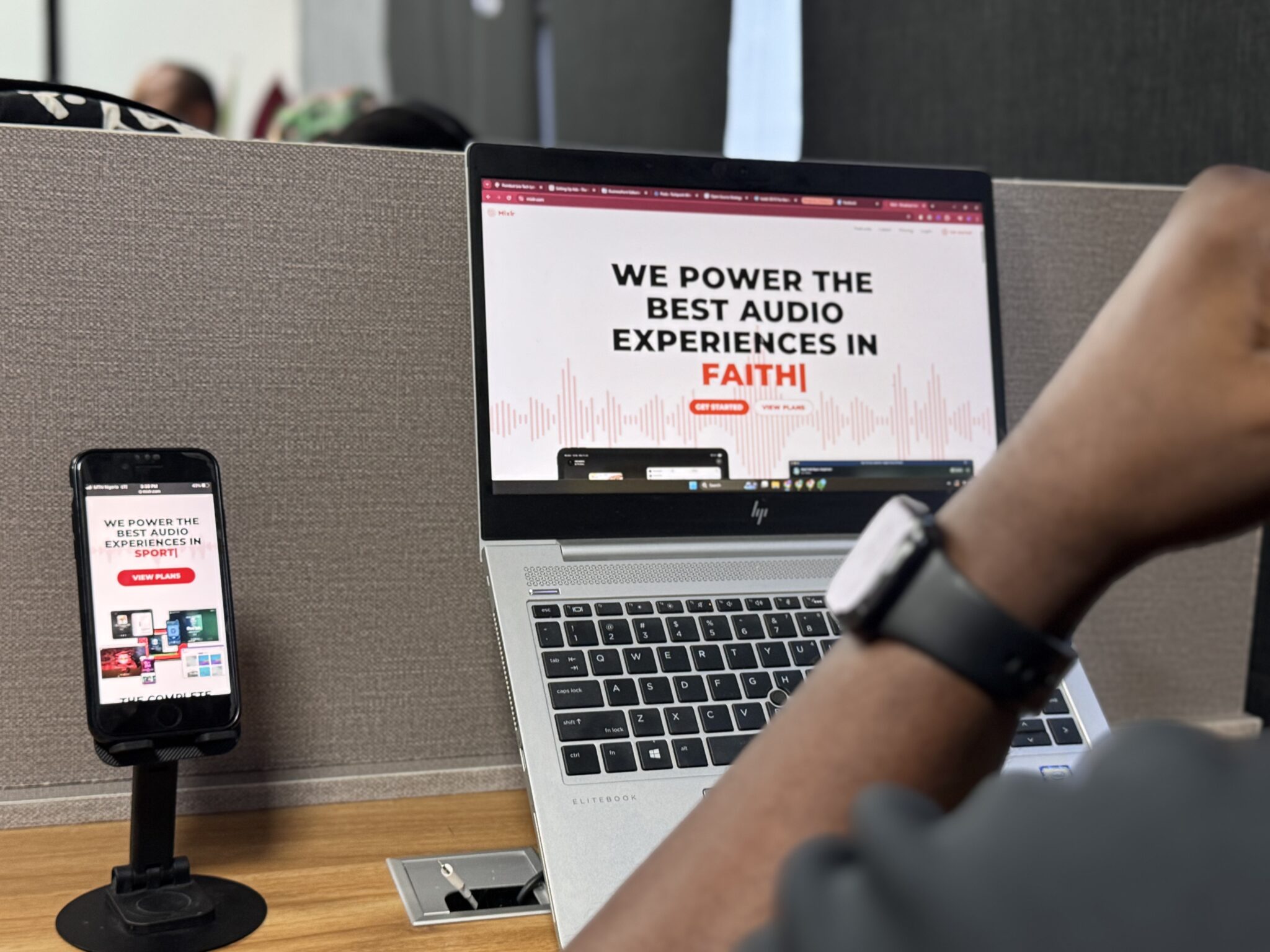The news:
- Google has launched its first Africa cloud region in Johannesburg, South Africa, and it is now available for customer use.
- Following this announcement, any business on the continent can now access high-performance, secure, and low-latency cloud services.
- The tech giant said it will host an event in Johannesburg later this year to formally launch the cloud region and offer a first-hand display of its transformative potential for African businesses.
At the second Google for Africa event in 2022, Google announced plans to launch its first African cloud region in South Africa.
Cloud regions are distinct geographical areas where cloud providers operate data centres. They let users, especially businesses, utilise cloud resources to provide access to several services, such as cloud storage, compute engines, and key management systems.
Google assured that its new cloud region in Johannesburg will contribute immensely to bolstering the African tech ecosystem by providing businesses on the continent with the necessary resources to scale, innovate, and compete favourably in the global marketplace.
Additionally, the tech giant said it’s looking forward to partnering with organisations across Africa to help them enjoy the benefits of full-scale digitalisation.
Google’s network now has 40 cloud regions, including the new one in Johannesburg. They work together to provide Google Cloud services in over 200 countries and territories globally.
In 2022, Google announced it would build Dedicated Cloud Interconnect sites in Lagos, Nigeria; Nairobi, Kenya; and Capetown and Johannesburg, South Africa, to connect users’ on-premises networks to Google’s grid.
The company explained that the goal was to provide full-fledged cloud capabilities to its users and partners across the continent.
In the statement, Niral Patel, Google Cloud Africa Director, explained that, like the other 39 Google Cloud regions, the one in Johannesburg is connected to Google’s secure network, which consists of high-capacity fibre optic cable systems underground and sea globally.
The system included the newly completed Equiano subsea cable system that connects Portugal with Togo, Nigeria, Namibia, South Africa, and St. Helena.
“Beyond infrastructure and services, we’re committed to providing people and businesses with enablement and training on the latest cloud technologies and sustainable business practice,” Patel promised.
Google now joins Amazon Web Services (AWS), Microsoft Azure, and Oracle in having cloud regions in South Africa.











